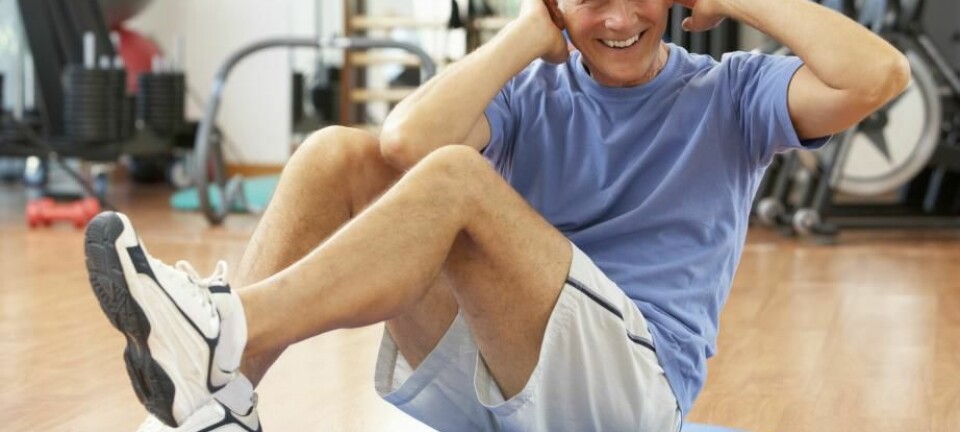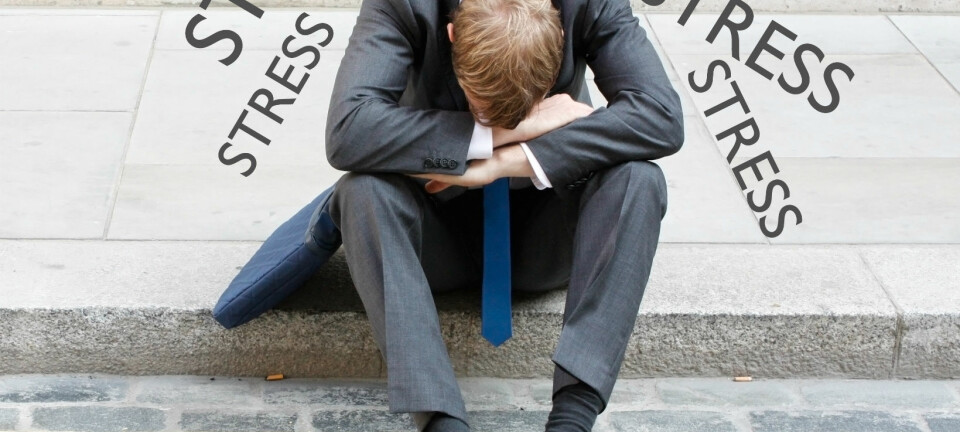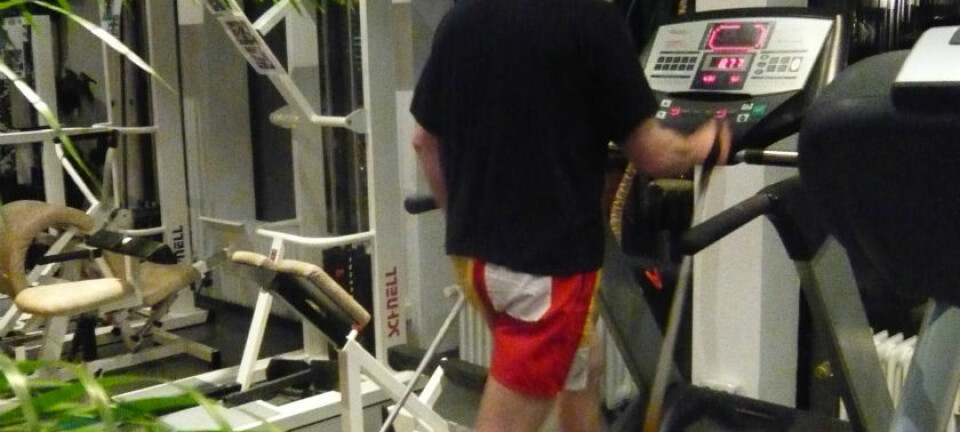
The depression work-out
Can physical exercise be used as a way to reduce depression? A new analysis answers yes, but mainly for people with mild or moderate depression.
A team of Swedish researchers led by psychologist Torbjörn Josefsson at Halmstad University examined a range of studies to determine if exercise could reduce symptoms of depression - compared with no treatment, placebo conditions or the standard care among clinically defined depressed adults.
“The main result showed a significant large overall effect favouring exercise intervention,” the researchers concluded.
Focusing on physical exercise
The findings of the meta-analysis, which have been published in the Scandinavian Journal of Medicine & Science in Sports, could have a potentially big impact on the treatment of depression, the researchers say.
Although similar meta-analyses have been carried out previously, this is the first that only include studies on the effect of physical exercise, where the researchers compared three categories: participants with no treatment, participants with placebo conditions, and participants receiving standard care.
Skewed results
“Previous meta-analyses have included trials using control groups that received treatment for depression - such as meditation, relaxation or light therapy - and may therefore have led to skewed results,” Torbjörn Josefsson says in a press release.
Treatments such as meditation and relaxation have been recognised as having an antidepressant effect, and should not be part of control conditions.
“Because meditation and mindfulness-based interventions are associated with reducing depression, it is impossible to separate the effect of the physical exercise from the meditation-related aspects,” the report points out.
Depression as primary diagnosis
Previous meta-analyses also included studies with participants who did not have depression as the primary diagnosis – such as patients who had multiple sclerosis or schizophrenia.
“You need a homogenous group of people who have had depression as their primary diagnosis to examine the actual effect of physical exercise on depression,” Josefsson says.
“Our meta-analysis is therefore an important update on previous results, as well as providing an overview over research on physical exercise as a treatment against depression.”
Recommended for mild and moderate depression
The overall conclusion is that physical exercise may in fact help battle depression – with some caveats. “Exercise may be recommended for people with mild and moderate depression who are willing, motivated, and physically healthy enough to engage in such a programme,” the report concluded.
“Primary care, psychiatry and occupational health services could benefit from this by developing group training interventions aimed at people suffering from depression, either as the main therapy or as a complementary treatment to more traditional methods such as psychotherapy,” Josefsson says.








